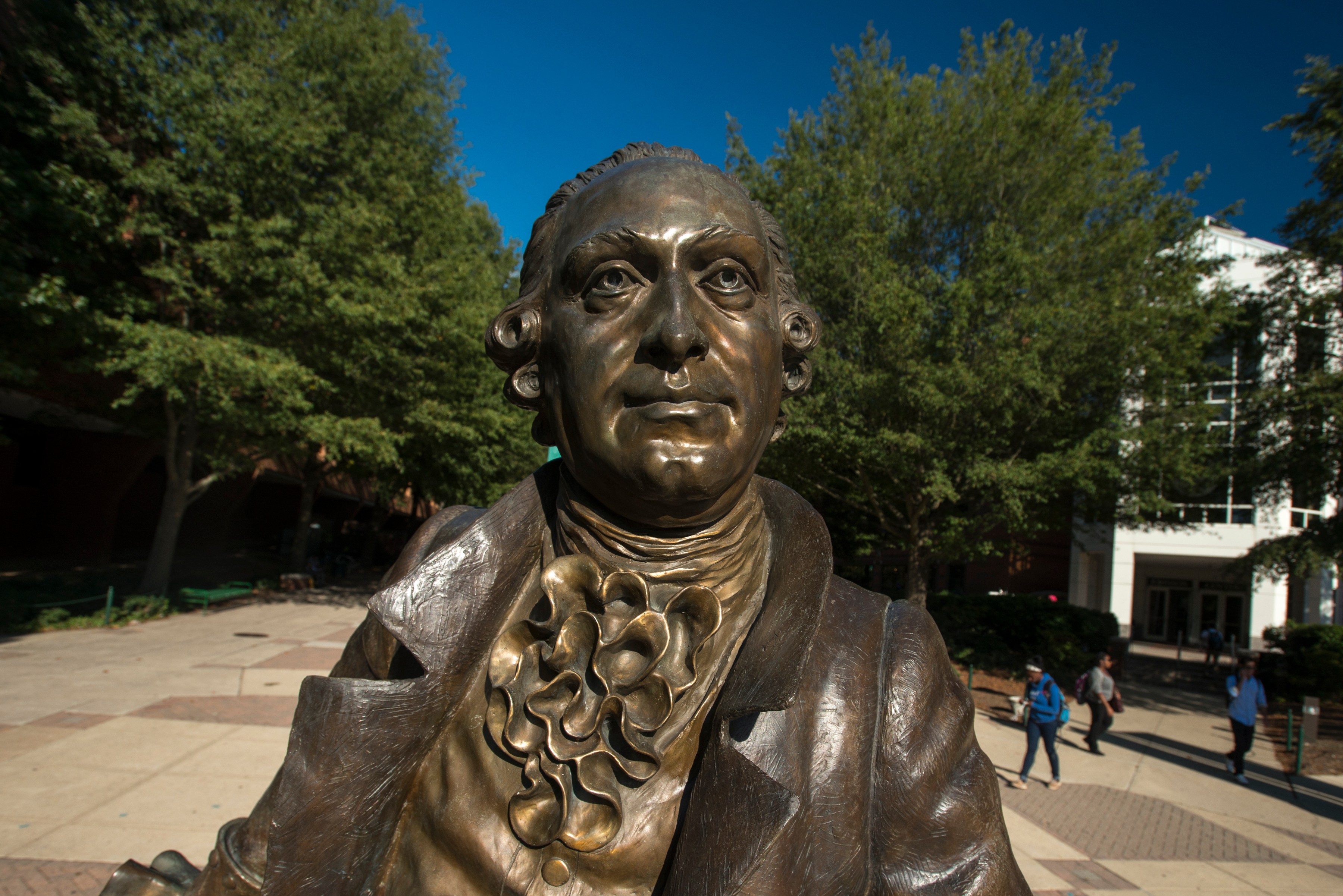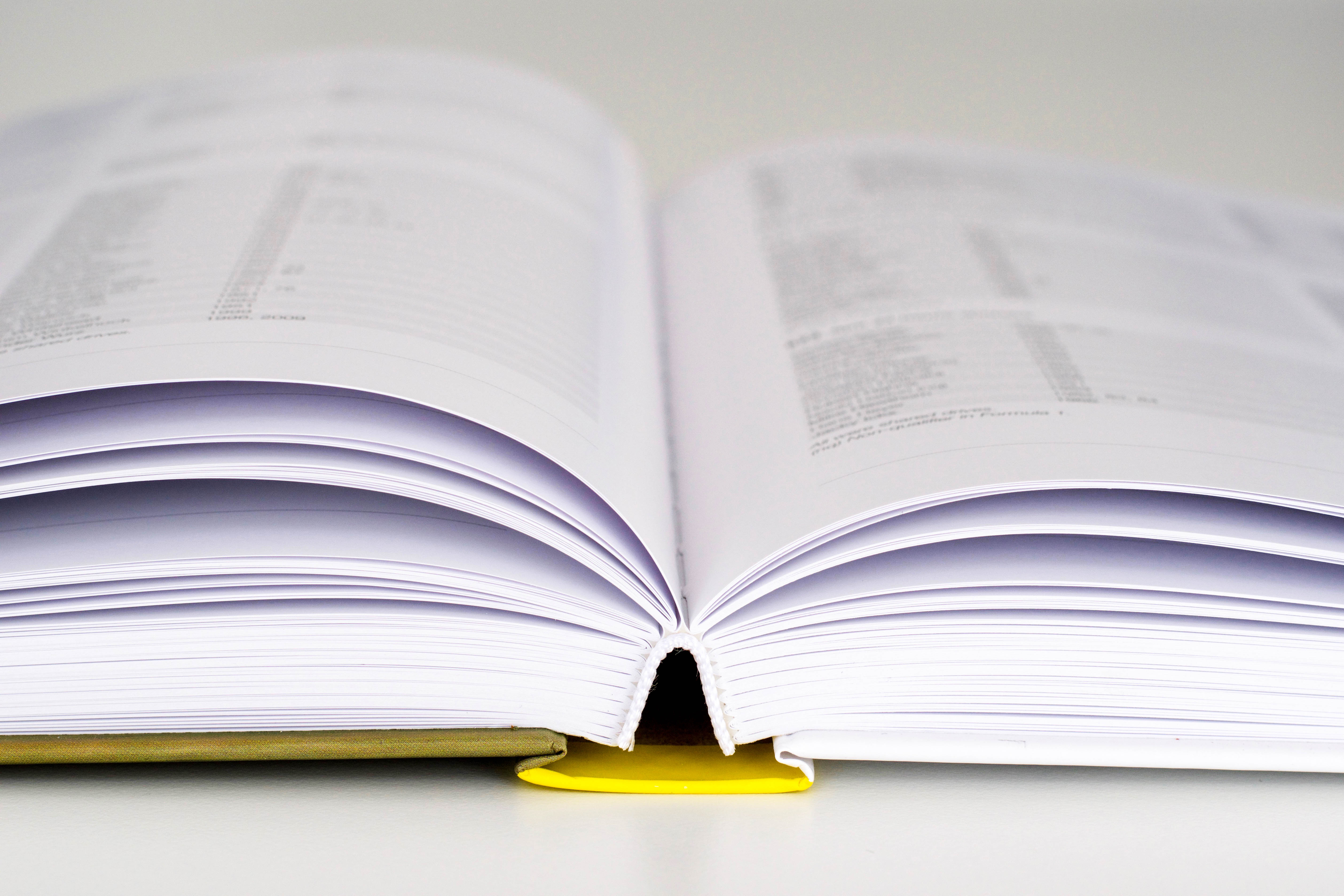
The Writers of Mason, based on the Humans of New York, attempts to capture the diversity of writers on campus by profiling students, faculty, and staff through interviews and photos. To date, we have published 45 profiles on the blog, are currently processing multiple different profiles, and have snapped 189 photos of writers in our Mason community. Because we strive to showcase the human experience, creating a profile for an interviewee takes time and patience; each profile must go through a series of stages: conducting the interview, transcribing the interview and selecting the quotation to publish, taking and adding the finishing touches on the photo, and then editing and publishing the profile. Now that we have been publishing these profiles for a while, we thought we would share a little bit about the process of creating our Writers of Mason profiles.


